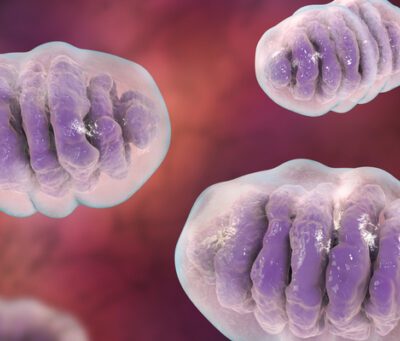A recent study has found that despite the common “munchies” effect associated with cannabis consumption, regular users of the drug tend to have lower body weight and reduced risk of diabetes compared to non-users. Researchers at the University of California have discovered that this paradox can be explained by the molecular changes that cannabis causes in the body’s fat deposits. The study, published in the journal Cell Metabolism, found that cannabis disrupts processes that control energy balance, leading to the production of proteins that are normally found only in muscles and the heart. This results in a slimmer body but also reduces the body’s ability to mobilize stored nutrients for brain and muscle activity.
The researchers conducted experiments on adolescent mice that were given daily low doses of THC, a psychoactive cannabinoid found in cannabis, or a placebo. After the treatment was stopped and the mice reached adulthood, their metabolism was thoroughly evaluated. The mice that were treated with THC as adolescents but were now drug-free had reduced fat mass and increased muscle mass. They were partially resistant to obesity and hyperglycemia, had higher than normal body temperature, and could not mobilize fuel from their fat deposits. These characteristics are also observed in humans who frequently consume cannabis.
The researchers found that the molecular changes caused by THC led to the production of muscle proteins in the fat cells of the mice. This disrupted the healthy function of the fat cells and impaired their ability to store and release nutrients. This can affect not only physical activity but also mental processes such as attention, which rely on a steady flow of energy to the brain. The researchers concluded that the disruption of endocannabinoid signaling during adolescence can have long-lasting effects on the function of fat tissue, with potentially far-reaching effects on physical and mental health.










